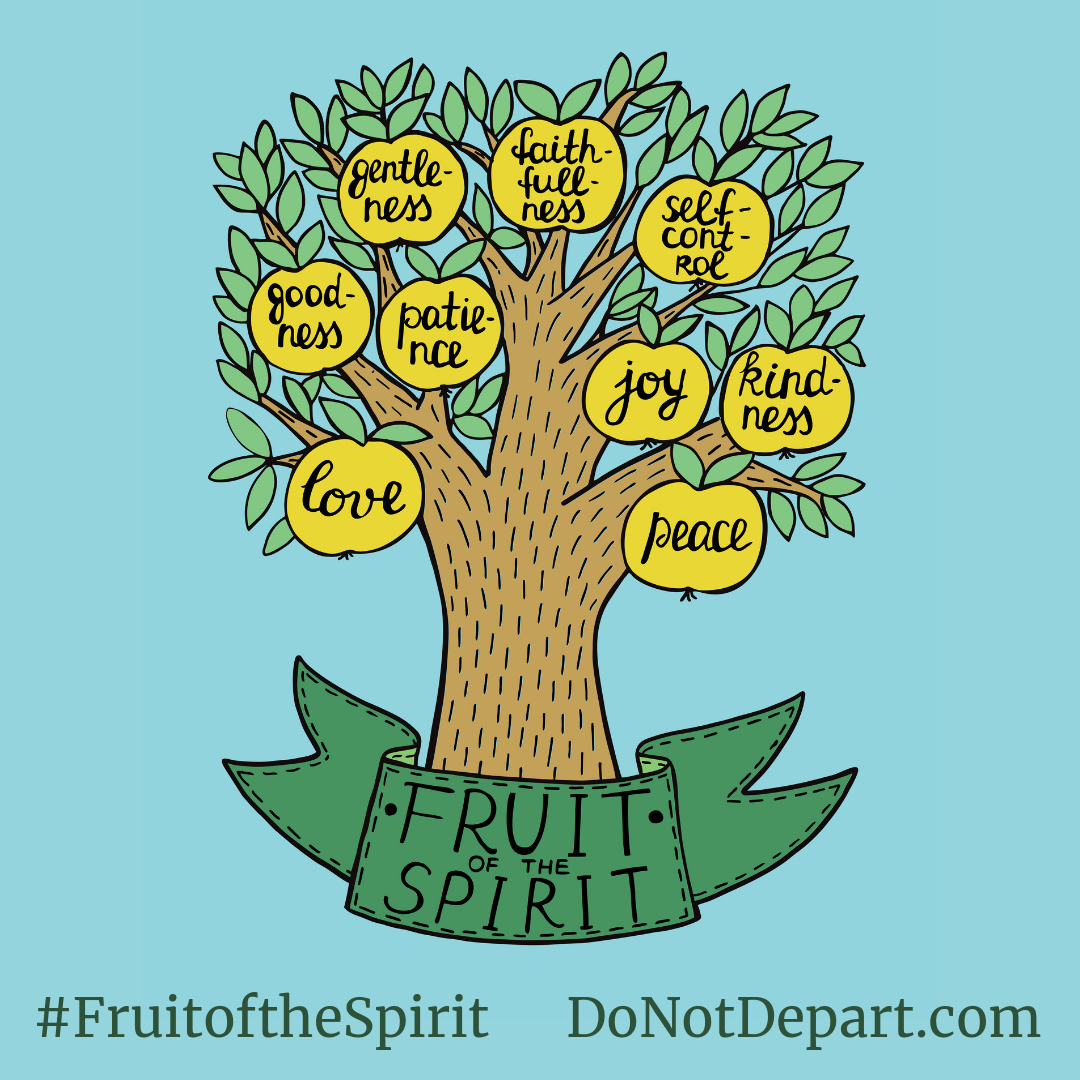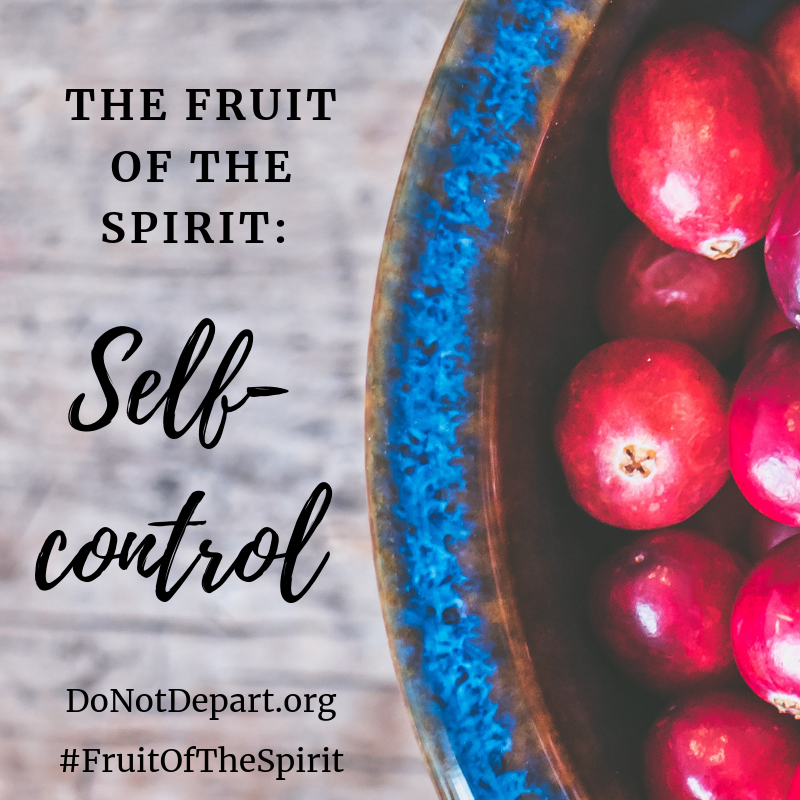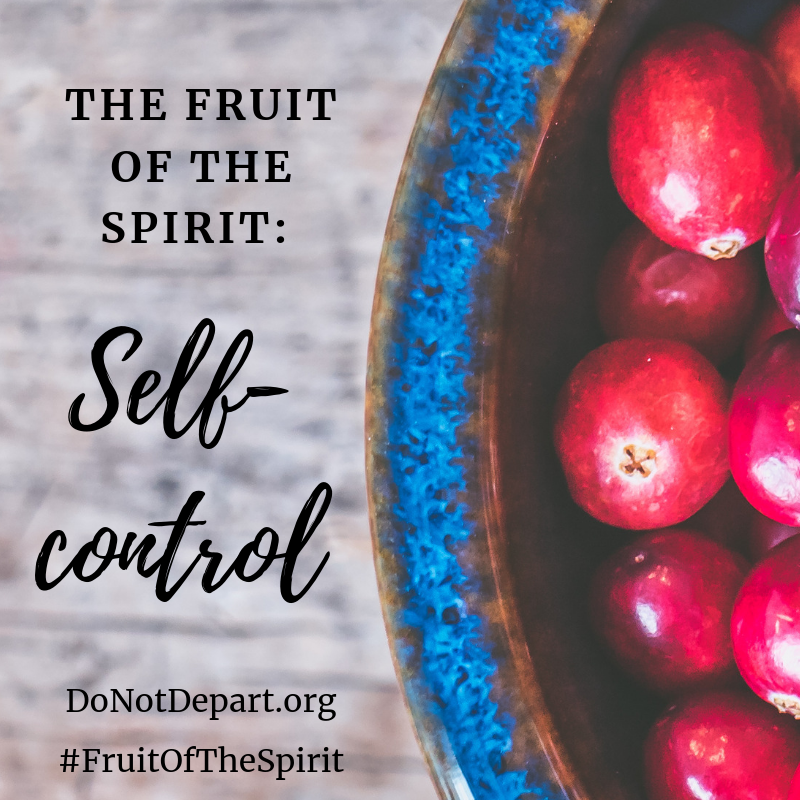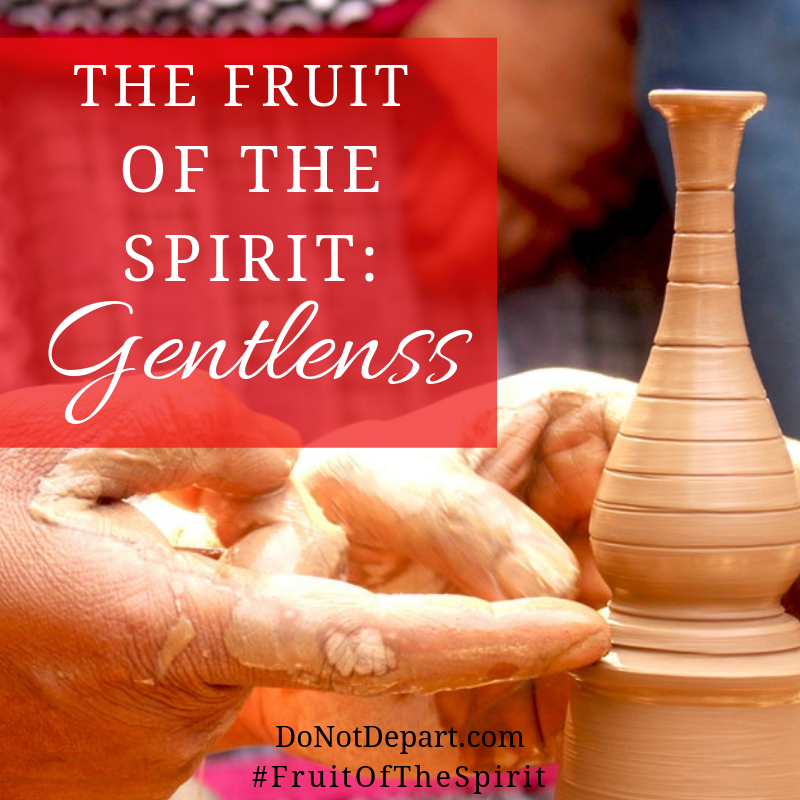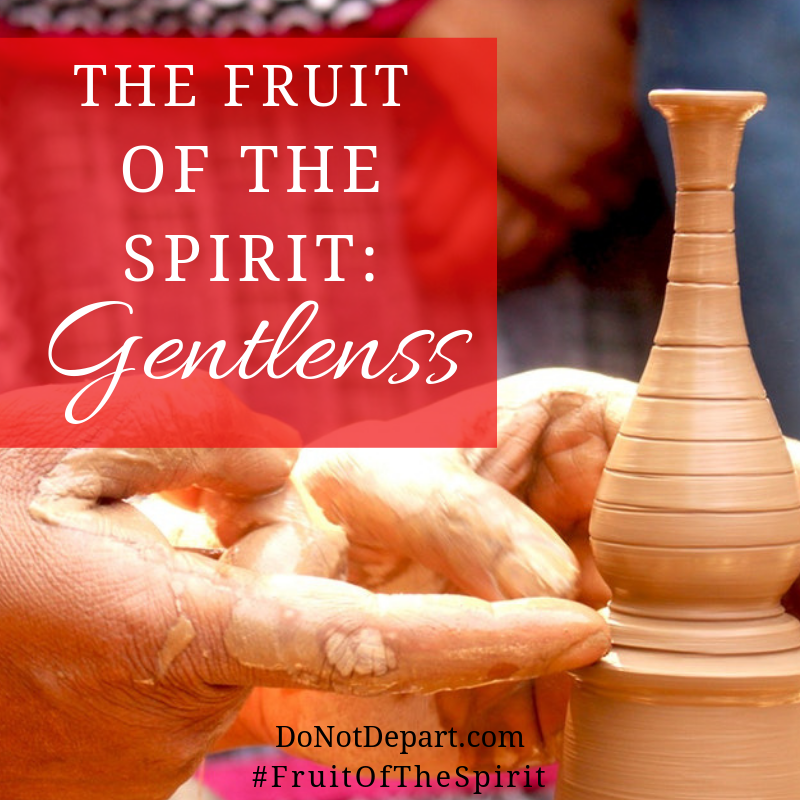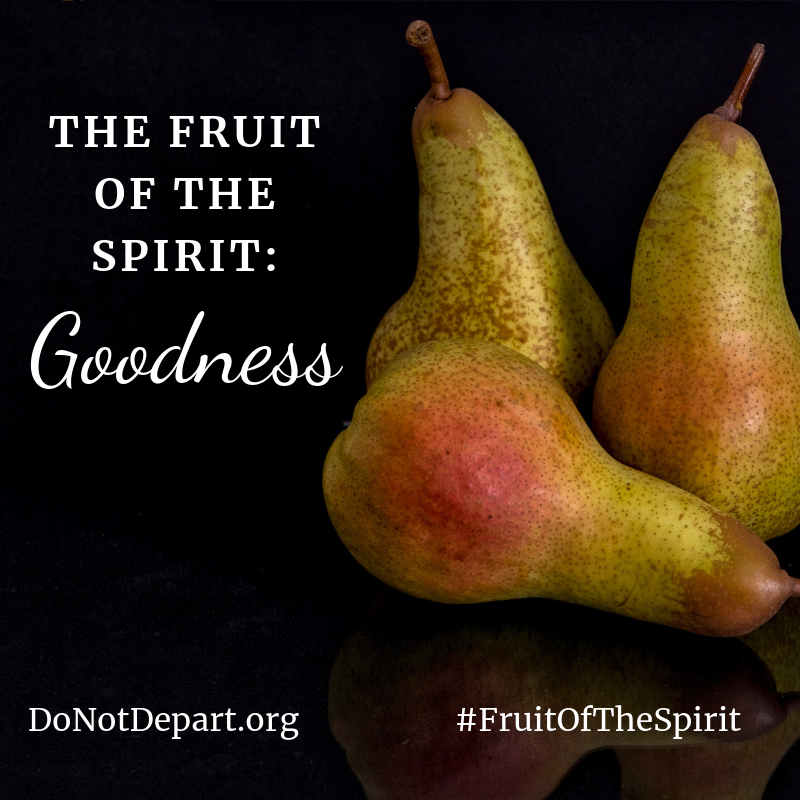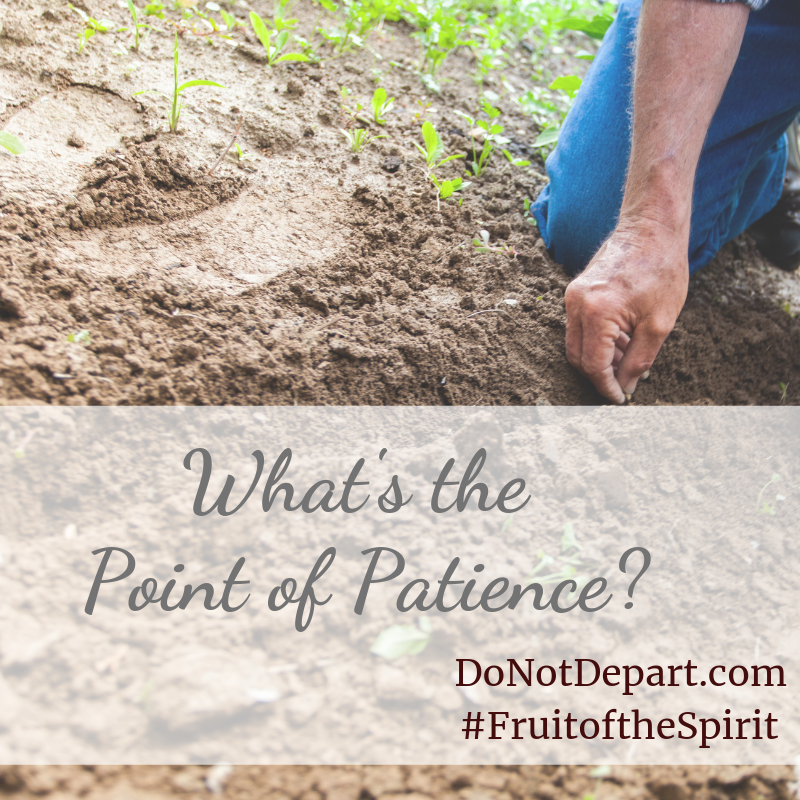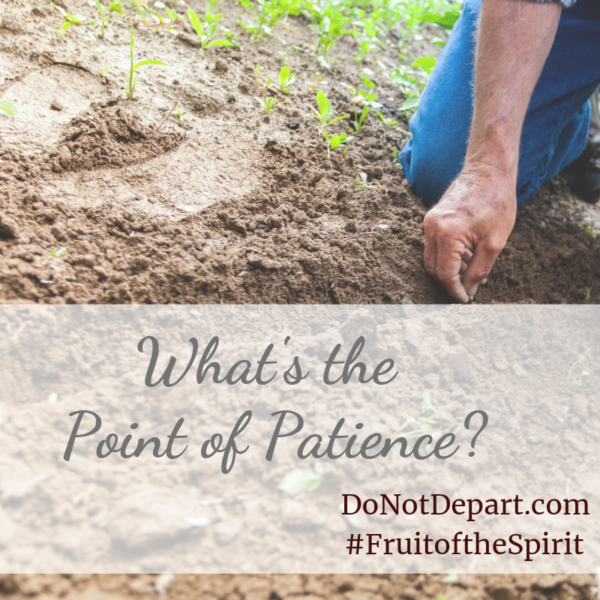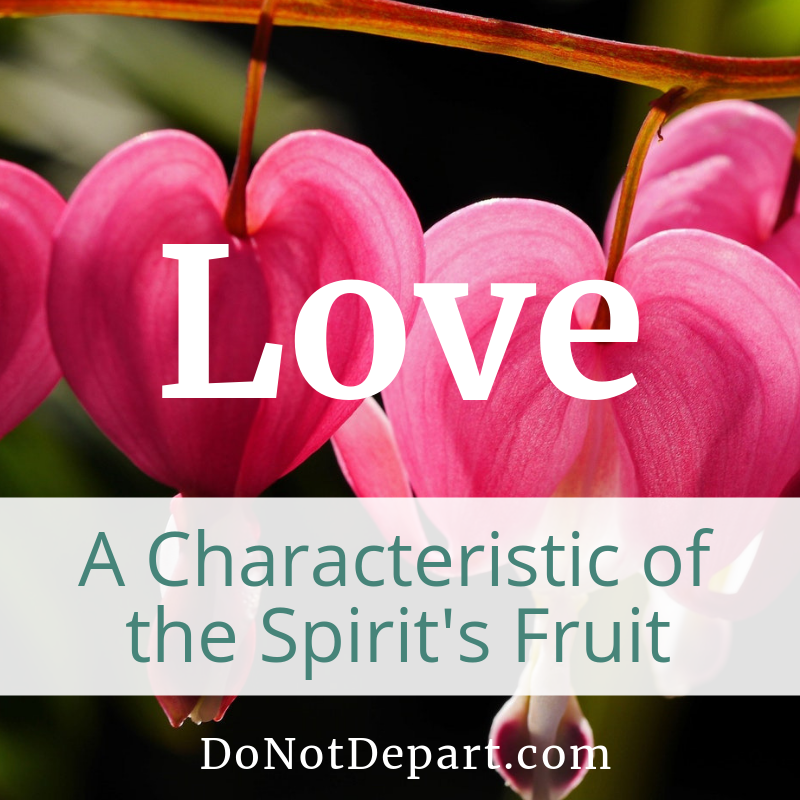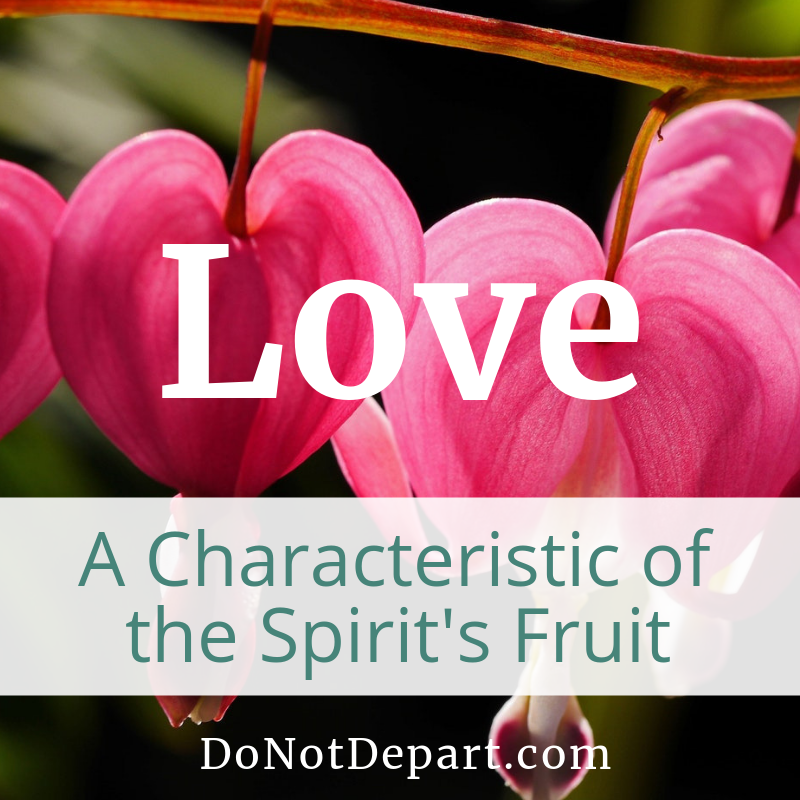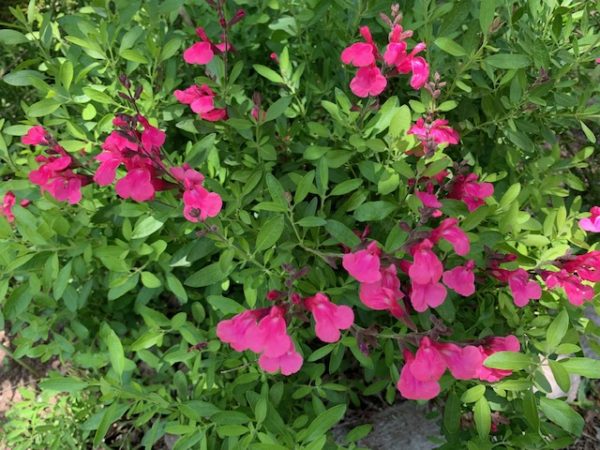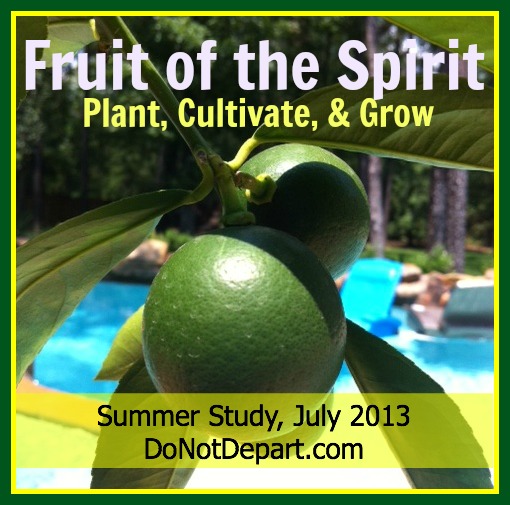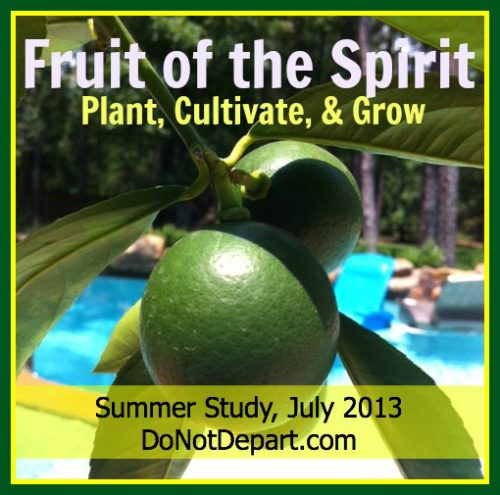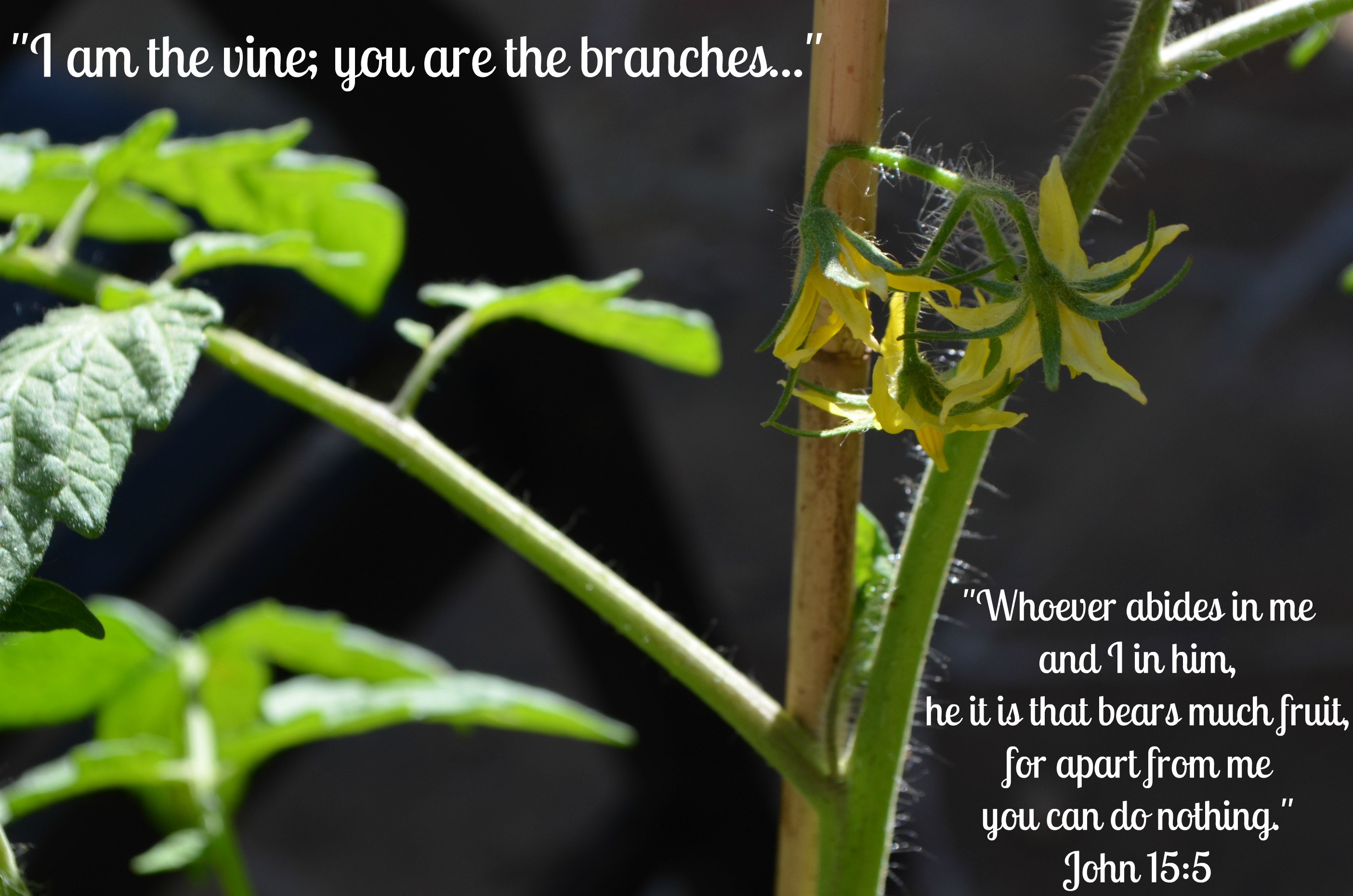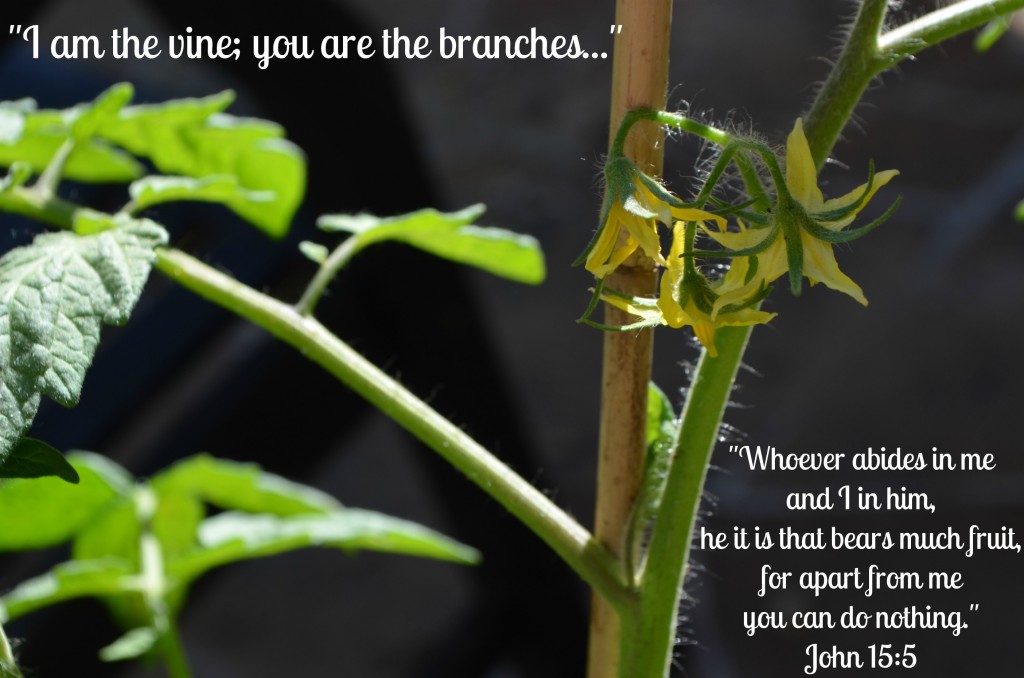As followers of Jesus Christ, we can expect to be changed. Jesus works on us from the inside out, and that transformation can be seen in the fruit our lives bear.
But the fruit of the Spirit is love, joy, peace, patience, kindness, goodness, faithfulness, gentleness, self-control; against such things there is no law.
Galatians 5:22-23
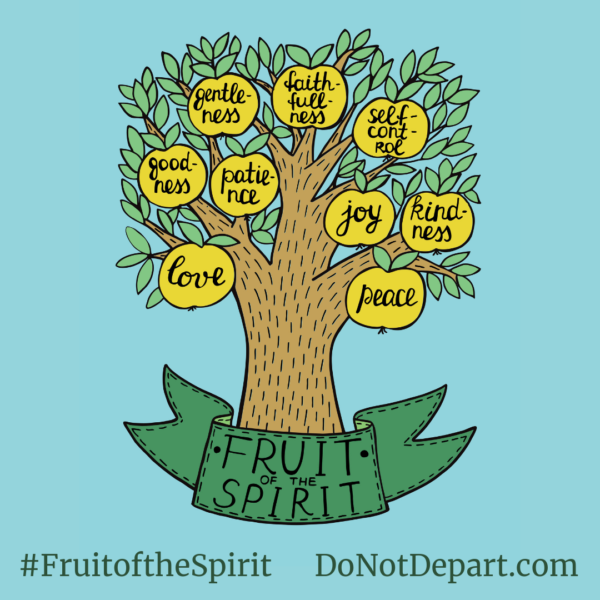
We have spent this month taking a deeper look at the Fruit of the Spirit described in Galatians 5. Here are all of the posts:
Love – In Ali’s post on love, she wrote, “If I follow only my feelings, those same feelings that lead me to loving well can lead me into not loving at all. Instead of following only feelings, I need to choose to follow God.”
Joy – I shared that “Happiness is not a fruit of the Spirit. So how is joy different from happiness? Joy does not depend on the circumstances around us.”
Peace – In her post about four ways to find peace, Lisa wrote, “Whether or not you are feeling at peace today, thank God anyway that peace has been planted deep inside you.”
Patience – Jaime shared, “Exercising patience, accepting trouble without getting angry, can only be done when we let go of control.”
Kindness – In her post on kindness, Jaime wrote, “The kindness developed through our time with the Spirit has the power to ease pain, heal wounds, bridge gaps, and restore relationships.”
Goodness – Cheli wrote, “God wants His goodness to be born in us, so others might see and experience Him.”
Faithfulness – Cheli explained that “Faithfulness, as a Fruit of the Spirit, is found in someone who steadfastly holds to the truth about God and acts on it, always pointing others to the same truth.”
Gentleness – Ali gave us a definition of Biblical gentleness. “Gentleness: mildness with strength. A powerful humility that has a divine origin and can only operate through faith. It starts and finishes by God’s direction and empowerment”
Self-Control – Cheli reminded us that “In a world that sees self-control as shackles, God’s purpose for self-control is life-giving freedom.“
As we cling to Jesus Christ, our heavenly gardener, He will bring this fruit to maturity in our lives!
[Tweet “Don’t miss any of the posts in our series on the #FruitOfTheSpirit”]
